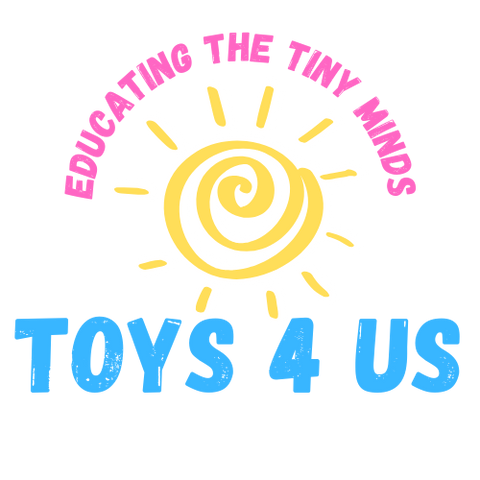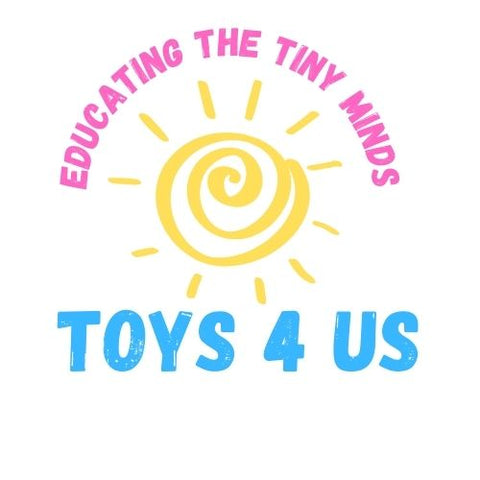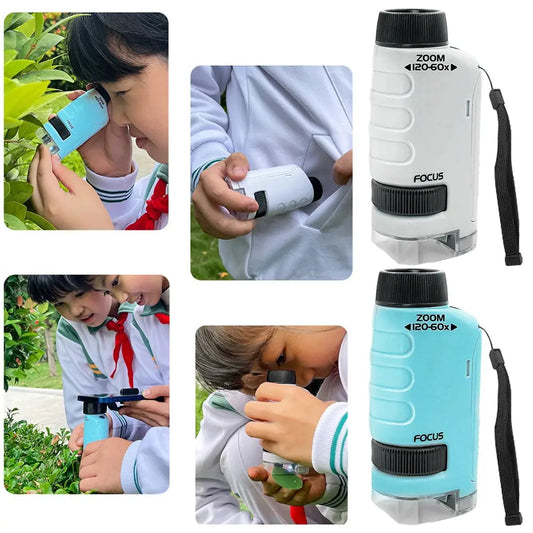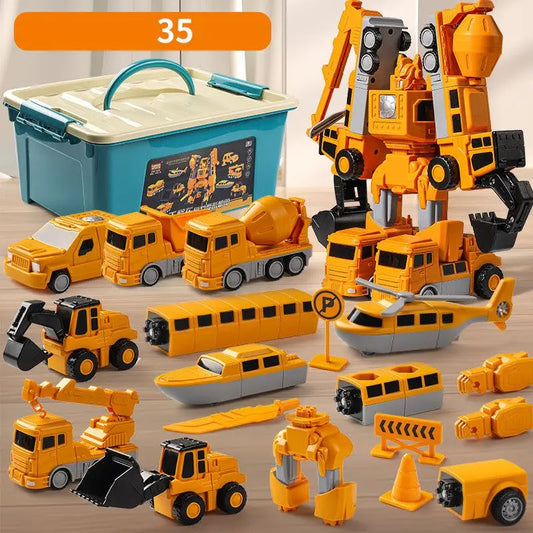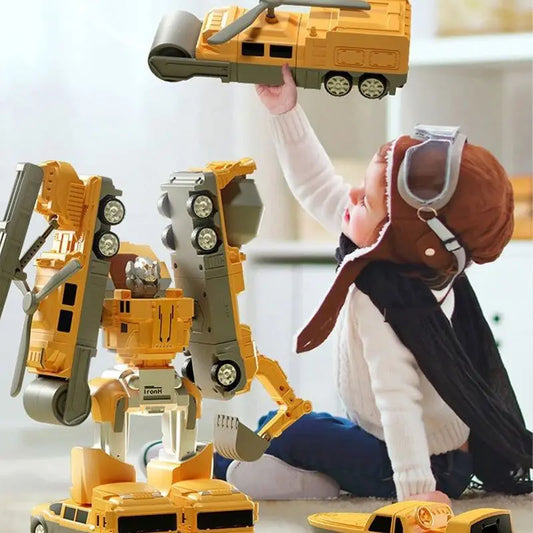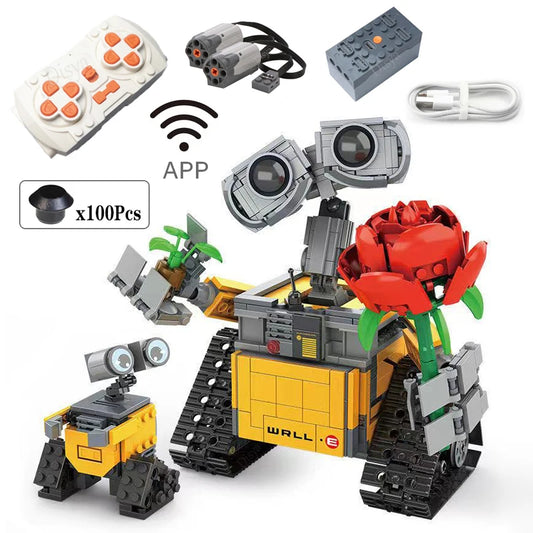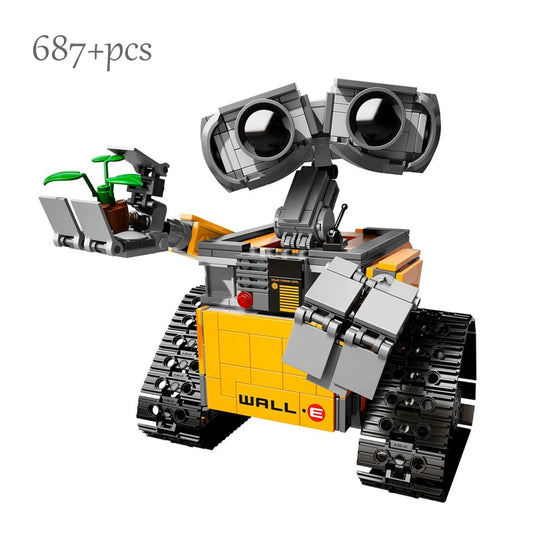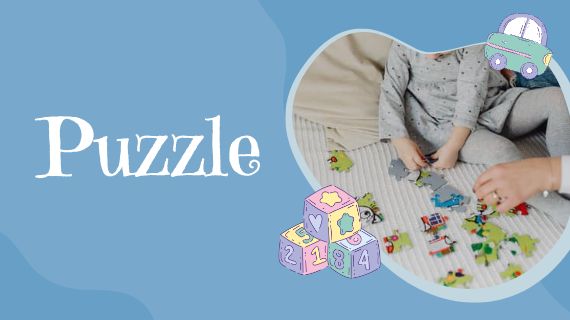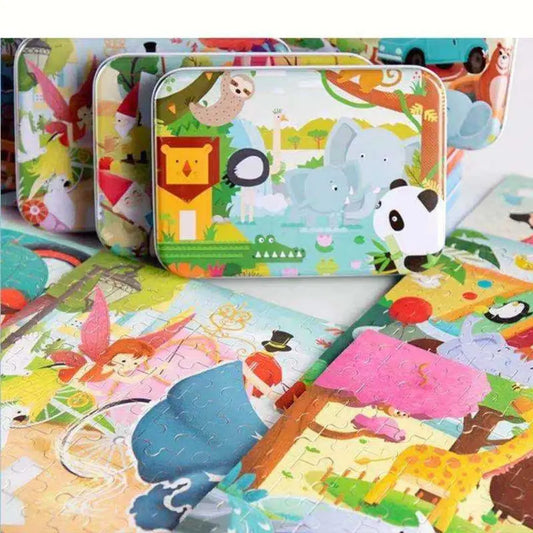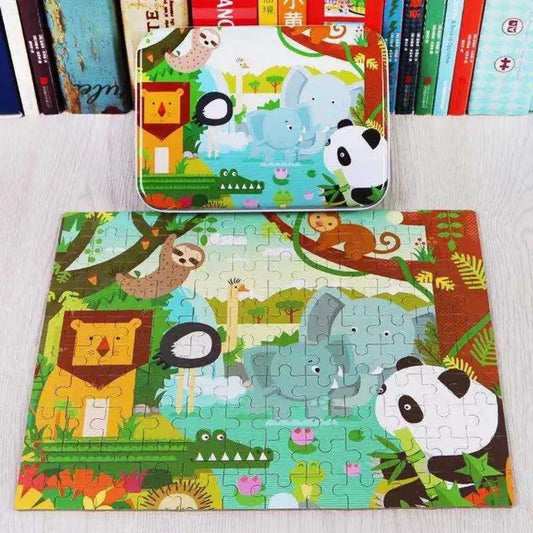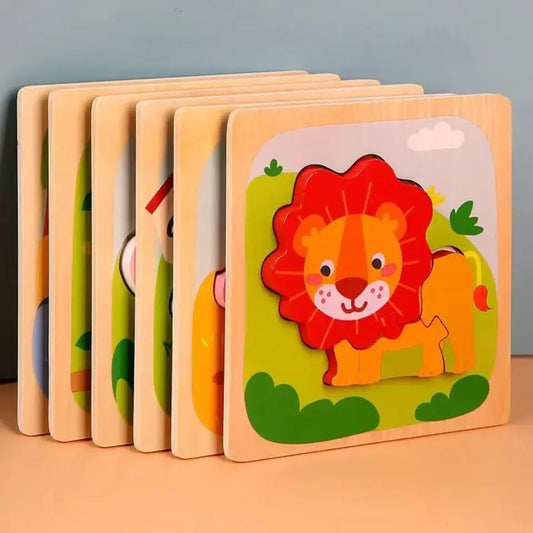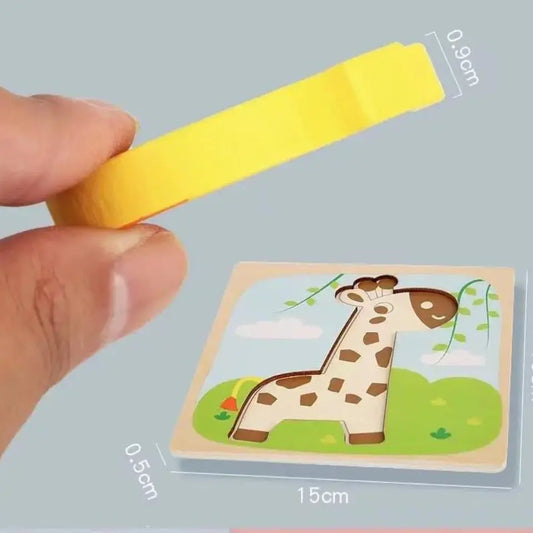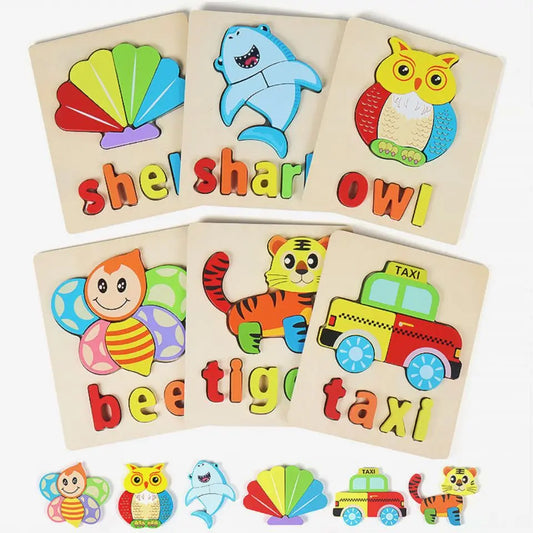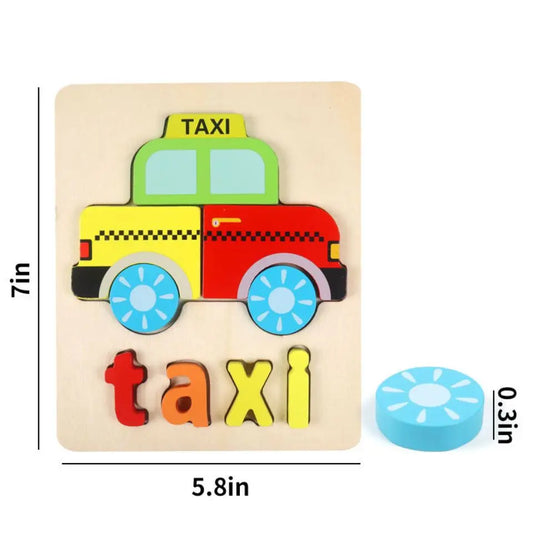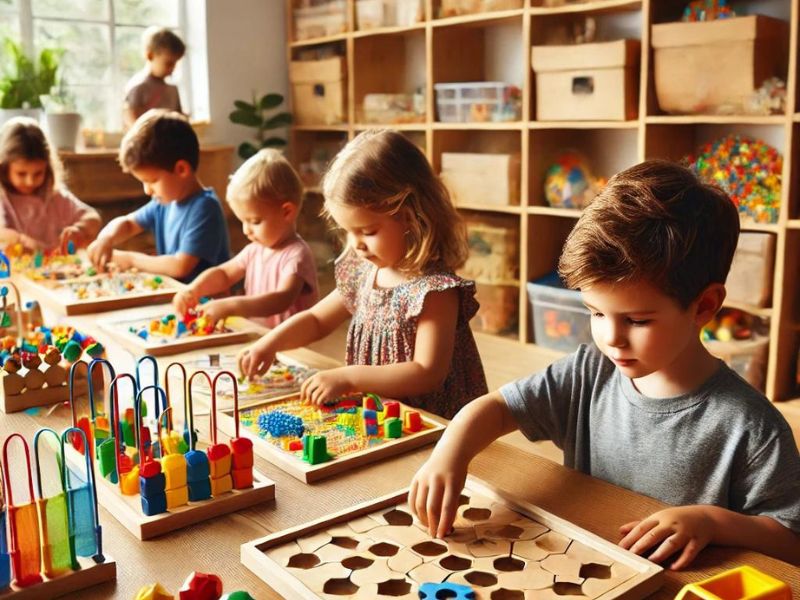Cognitive skills encompass a wide range of abilities, including memory, problem-solving, critical thinking, attention, and language development. These skills enable children to understand and interact with the world around them. Cognitive development begins in infancy and continues throughout childhood, with the most rapid growth occurring in the early years.
Play is one of the most effective ways to support this growth because it allows children to explore new concepts, practice decision-making, and engage in creative problem-solving. By participating in various types of play, children can develop both concrete cognitive skills—such as counting and recognizing patterns—and more abstract skills, such as logical reasoning and memory retention.
1. Problem-Solving Through Play
Problem-solving is one of the most important cognitive skills children can develop, and play offers countless opportunities for practicing it. When children encounter challenges during play, they learn to think critically and come up with solutions. For example, when a child works with puzzles, they must figure out how the pieces fit together. This activity requires them to assess the shapes and sizes of the pieces, test different combinations, and ultimately solve the puzzle.
Building blocks, another classic toy, also promote problem-solving skills. Whether a child is constructing a tower or a more elaborate structure, they must determine how to stack the blocks in a stable way, developing their spatial awareness and critical thinking abilities. These toys encourage children to think logically and experiment with different strategies to achieve a goal.

Examples of toys that enhance problem-solving skills:
- Wooden puzzles
- Building blocks
- Shape sorters
- Memory games
2. Enhancing Memory and Attention
Play also plays a crucial role in improving memory and attention span, two cognitive skills that are essential for learning. Certain games and activities require children to focus for extended periods of time, which helps them develop their attention span and ability to concentrate. As children practice these skills, they become more capable of focusing on tasks and following through with them from start to finish.
Memory games, in particular, are effective tools for enhancing cognitive recall. In these games, children are asked to remember the location of cards or items and match them. This requires them to actively engage their memory and use their observation skills. These types of activities help improve short-term memory and teach children to focus on details.
Toys that support memory and attention include:
- Matching cards
- Counting beads
- Pattern-recognition toys
- Simple board games

3. Developing Language and Communication Skills
Language development is another key cognitive skill that can be enhanced through play. When children engage in pretend play, for example, they often take on roles, create stories, and engage in dialogue. This helps them practice new vocabulary, sentence structure, and conversational skills, all of which are important for language development.
Toys that promote language learning include books, puppets, and role-playing sets, which encourage children to express themselves verbally. Reading books aloud or engaging in storytelling activities also strengthens a child’s ability to listen and comprehend spoken language. As children interact with others during play, they develop their communication skills and learn to articulate their thoughts and feelings clearly.
Toys and activities that support language skills include:
- Storybooks and picture books
- Puppets and role-playing figures
- Interactive games that involve conversation
- Alphabet and phonetic puzzles

4. Building Logical Thinking and Reasoning
Logical thinking involves the ability to analyze information, make connections, and draw conclusions. This is a higher-level cognitive skill that becomes increasingly important as children grow older. Play activities that challenge children to organize, classify, and sequence objects can help develop these reasoning skills.
Board games and logic-based puzzles are excellent tools for encouraging logical thinking. For example, matching games require children to recognize patterns and make connections between similar items. Construction toys, such as building blocks or LEGO sets, also promote logical reasoning by requiring children to plan their structures and figure out how different pieces fit together.
Examples of toys that build logical thinking skills:
- Sorting games
- Pattern blocks
- Construction sets
- Logic-based puzzles

5. Supporting Creativity and Imagination
While creativity may seem separate from cognitive development, it is closely linked to many essential cognitive skills, including problem-solving, language, and critical thinking. When children engage in creative play, they are practicing the ability to think outside the box, imagine new possibilities, and approach problems in innovative ways.
Open-ended toys, such as building blocks, art supplies, and dress-up clothes, encourage children to use their imagination and create their own worlds. These activities not only nurture creativity but also allow children to develop cognitive flexibility—the ability to adapt and think about things in different ways.
Toys that promote creativity and cognitive flexibility include:
- Building materials, such as LEGO or wooden blocks
- Art supplies, including crayons, markers, and clay
- Pretend play toys like costumes and props
The Role of Play-Based Learning in Cognitive Development
Play-based learning is widely recognized as one of the most effective methods for promoting cognitive development in children. This approach to learning allows children to engage in hands-on, experiential activities that challenge their minds and foster new skills. Unlike traditional classroom learning, which is often structured and guided by adults, play-based learning is driven by the child’s natural curiosity and desire to explore.
One of the reasons play is so effective for building cognitive skills is that it offers children a low-pressure environment in which to experiment, make mistakes, and try again. When children play, they are free to explore new ideas and think creatively, without the fear of failure. This encourages a growth mindset, where children learn to view challenges as opportunities for learning and development.
Parents and educators can support cognitive development through play by providing children with a variety of toys and activities that challenge their thinking. Simple toys like puzzles, memory games, and building sets are incredibly effective at engaging a child’s brain and fostering key cognitive skills. By creating an environment where children are encouraged to play, explore, and learn at their own pace, adults can support a child’s natural cognitive development in meaningful ways.
The Importance of Play in Cognitive Development
Play is a powerful tool for building cognitive skills in children. Through problem-solving, memory games, creative activities, and more, play enables children to develop the mental abilities they need to succeed in life. By incorporating toys and activities that challenge a child’s mind, parents and educators can support cognitive growth in a fun, engaging way.
By understanding the critical role of play in a child’s development, you can choose toys and games that promote essential skills such as problem-solving, attention, language, and logical thinking. With the right environment and opportunities for play-based learning, children will build the cognitive skills they need to thrive in the world.
